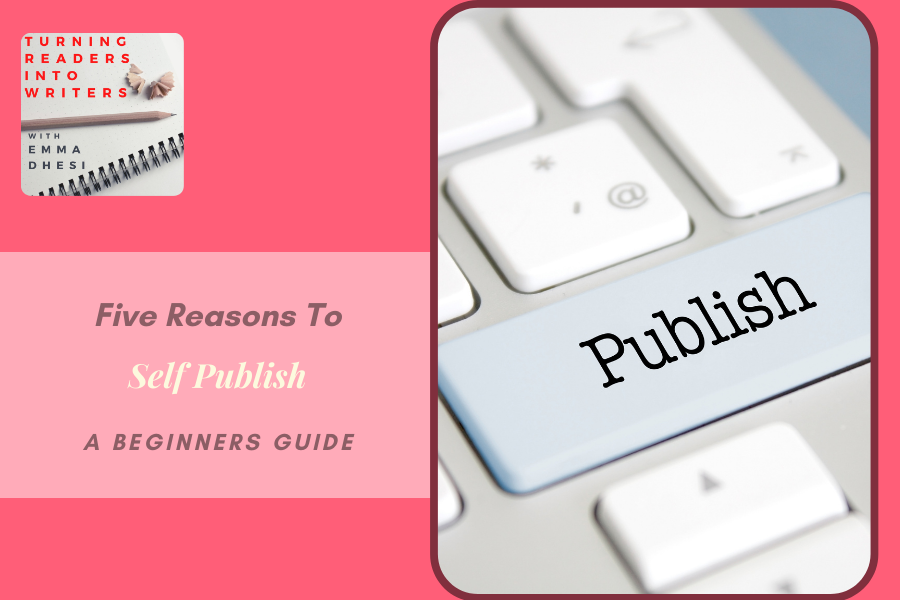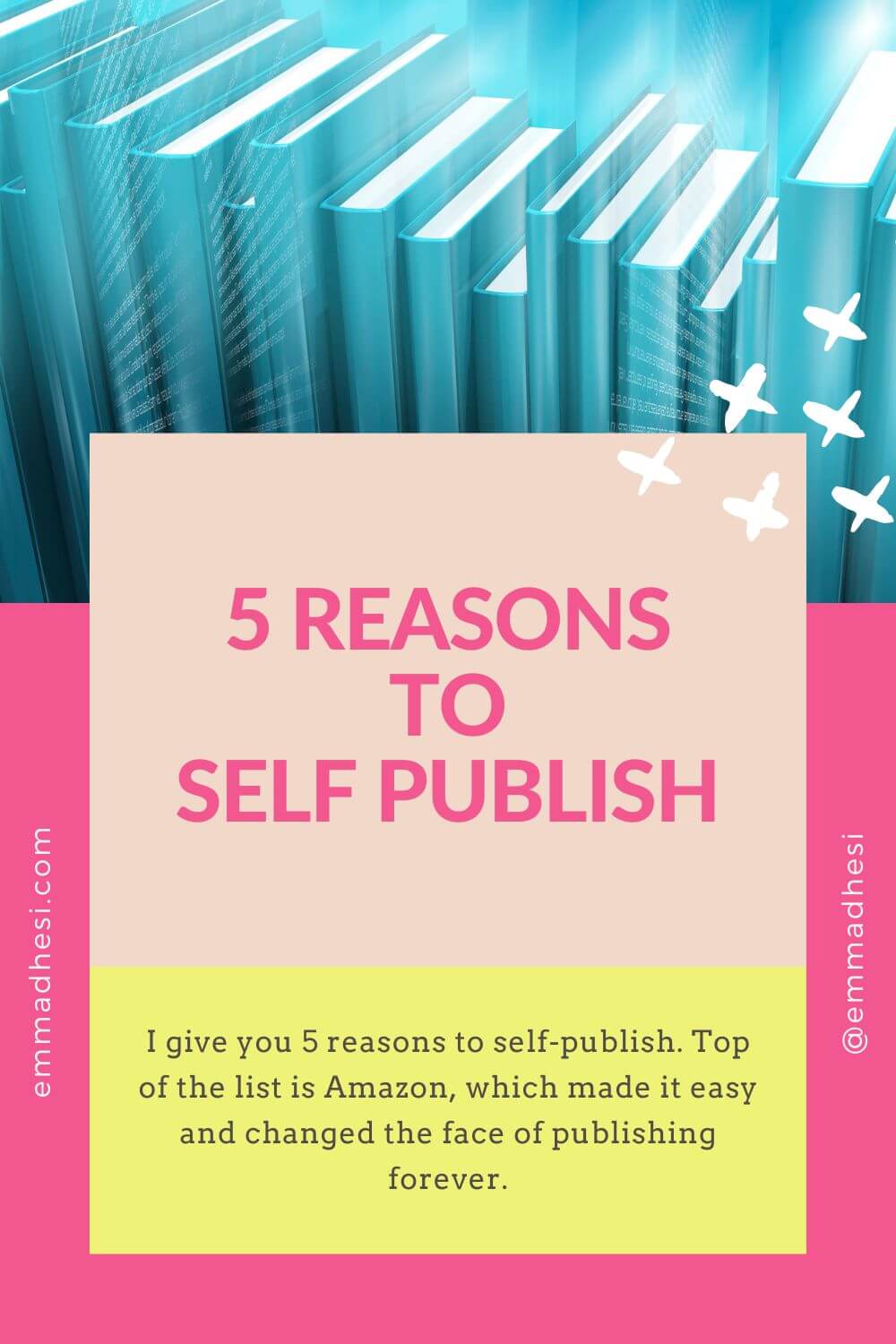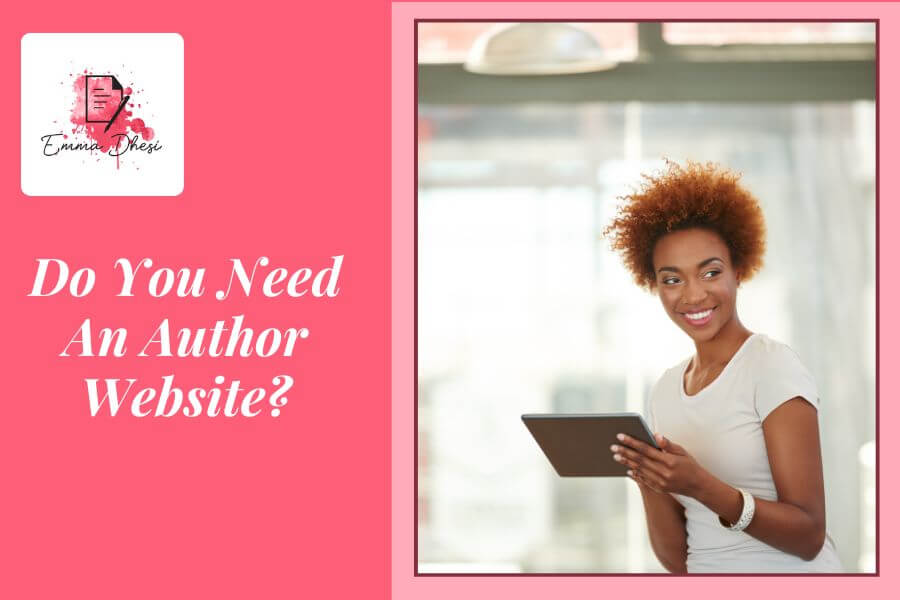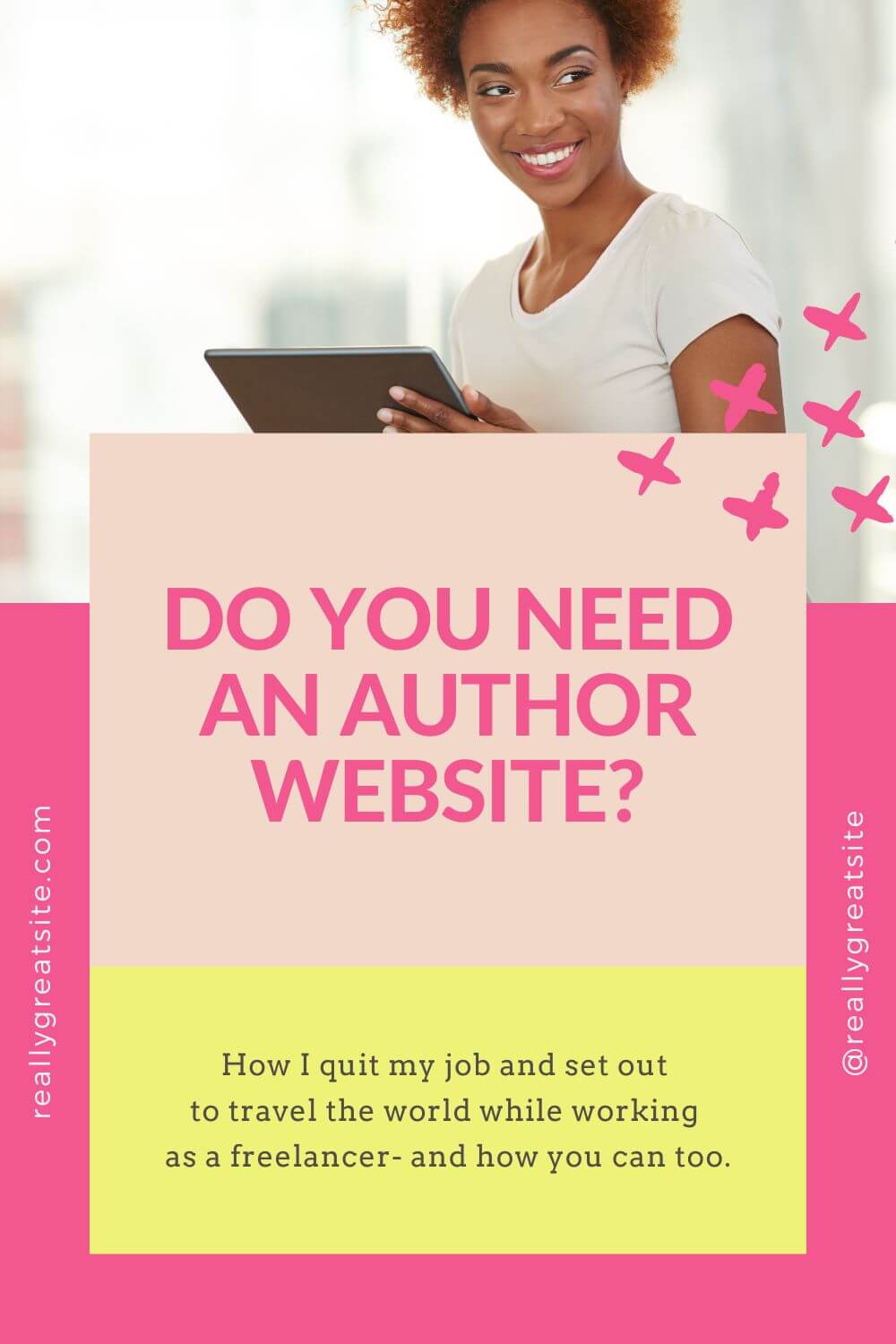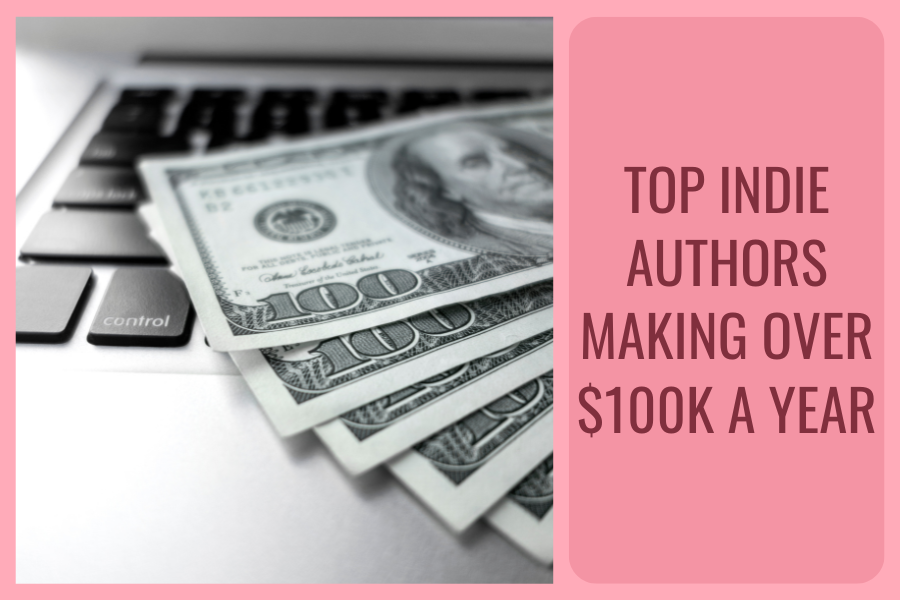
Top Indie Authors Making Over $100k a Year
One of the most alluring promises of self-publishing is the potential to earn a full-time living off your books alone. While only a small percentage of indie authors will join the six-figure earnings club, some savvy writers have cracked the code and built impressively profitable author careers.
Here, I explore the journeys of three top indie authors who have each earned more than $100,000 annually through book sales: Kiersten Modglin, Cecilia Mecca, and Elana Johnson.
Let’s look at these top indie authors and study what sets them apart.
Top Indie Author Kiersten Modglin
Kiersten Modglin is an indie suspense and thriller author from Columbus, Ohio. She self-published her debut novel, The Truth About Ruby Valentine, in 2018 after failing to find a traditional publisher.
Since then, Modglin has published over 20 books that have sold more than 500,000 copies and been translated into multiple languages. Her breakthrough came with the release of The Missing, which captivated readers with its intense plot and unexpected twists.
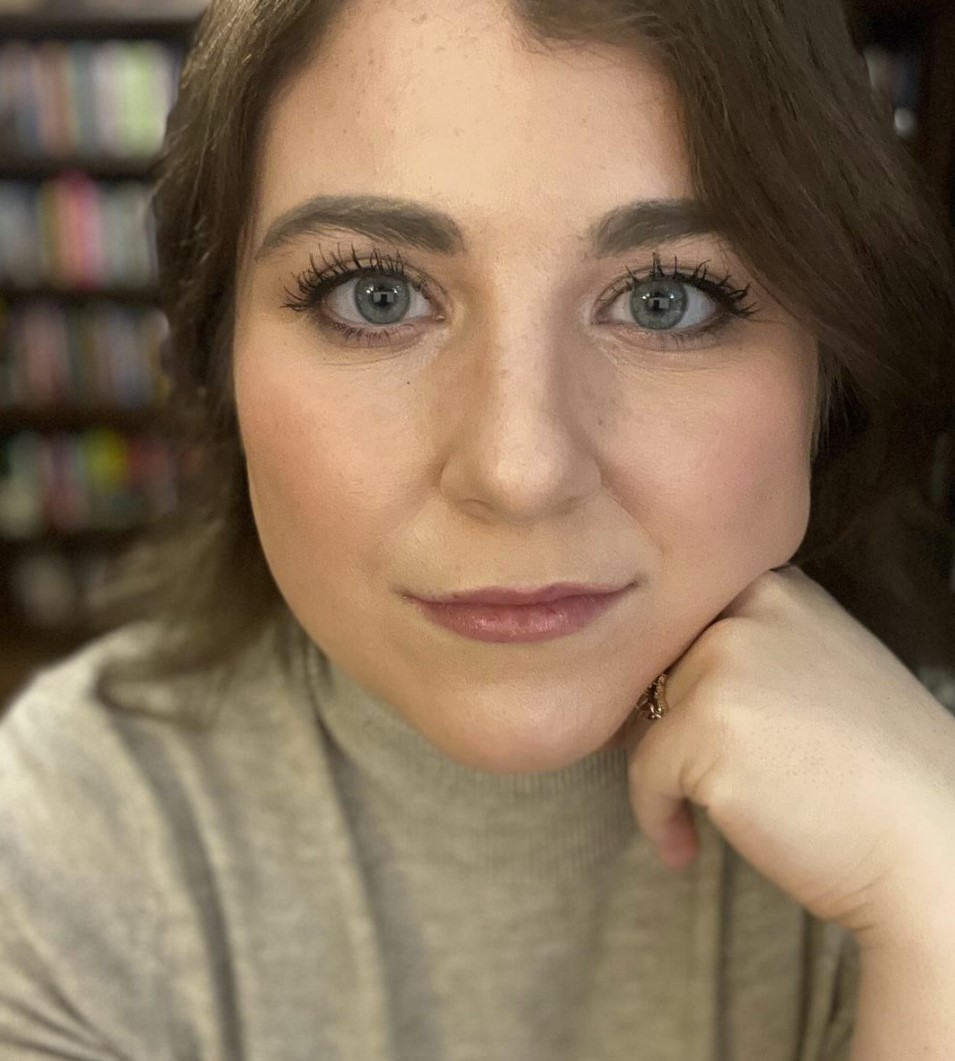
She left her teaching career in 2020 to write full-time and now easily clears over $100k in annual income from her psychological thrillers. Her knack for suspenseful storytelling has garnered a dedicated fanbase, nicknamed The Mod Squad. They call her the ‘Queen of the Twist’.
Modglin credits her rapid success to choosing a popular, in-demand genre, marketing directly to engaged reader groups, and maintaining a consistent release schedule to keep readers hooked. She publishes 4-6 new books every year.
Top Indie Author Cecelia Mecca
Historical romance author Cecelia Mecca started self-publishing in 2016 and just two years later was already earning a six-figure salary from her books.
She published her debut novel, The Thief’s Countess, in 2017. Set in the mediaeval era, her series quickly gained popularity for its rich historical detail and engaging love stories.
One of the things I love about her books is that they are set in the Scottish Borders. So many historical romances are set in the Scottish Highlands. It’s nice to see other parts of the country getting some love!
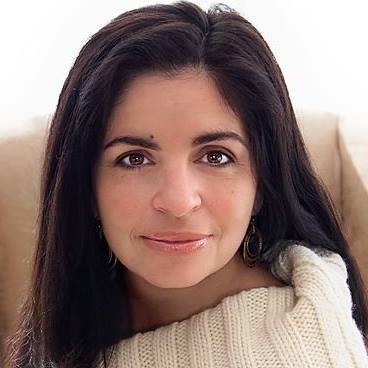
She has published over 25 novels and novellas since then.
Mecca attributes her fast revenue growth to serving an underrepresented niche, leveraging Facebook ads to find her ideal readers, and always focusing on improving her craft through courses and feedback.
She maintains her income by sticking to a regular release schedule, diversifying into audio books, and continuously testing new marketing strategies. Her success is a testament to the power of niche markets and dedicated readerships in independent publishing.
She also attributes her success to Mark Dawson’s The Self-Publishing Formula.
Top Indie Author Elana Johnson
Elana Johnson is a successful indie fiction author known for her captivating young adult and science fiction novels. She entered the indie publishing scene in 2018 and quickly gained popularity for her engaging plots and imaginative world-building.
Initially published traditionally, Johnson later transitioned to indie publishing, embracing the creative freedom and financial potential it offered.
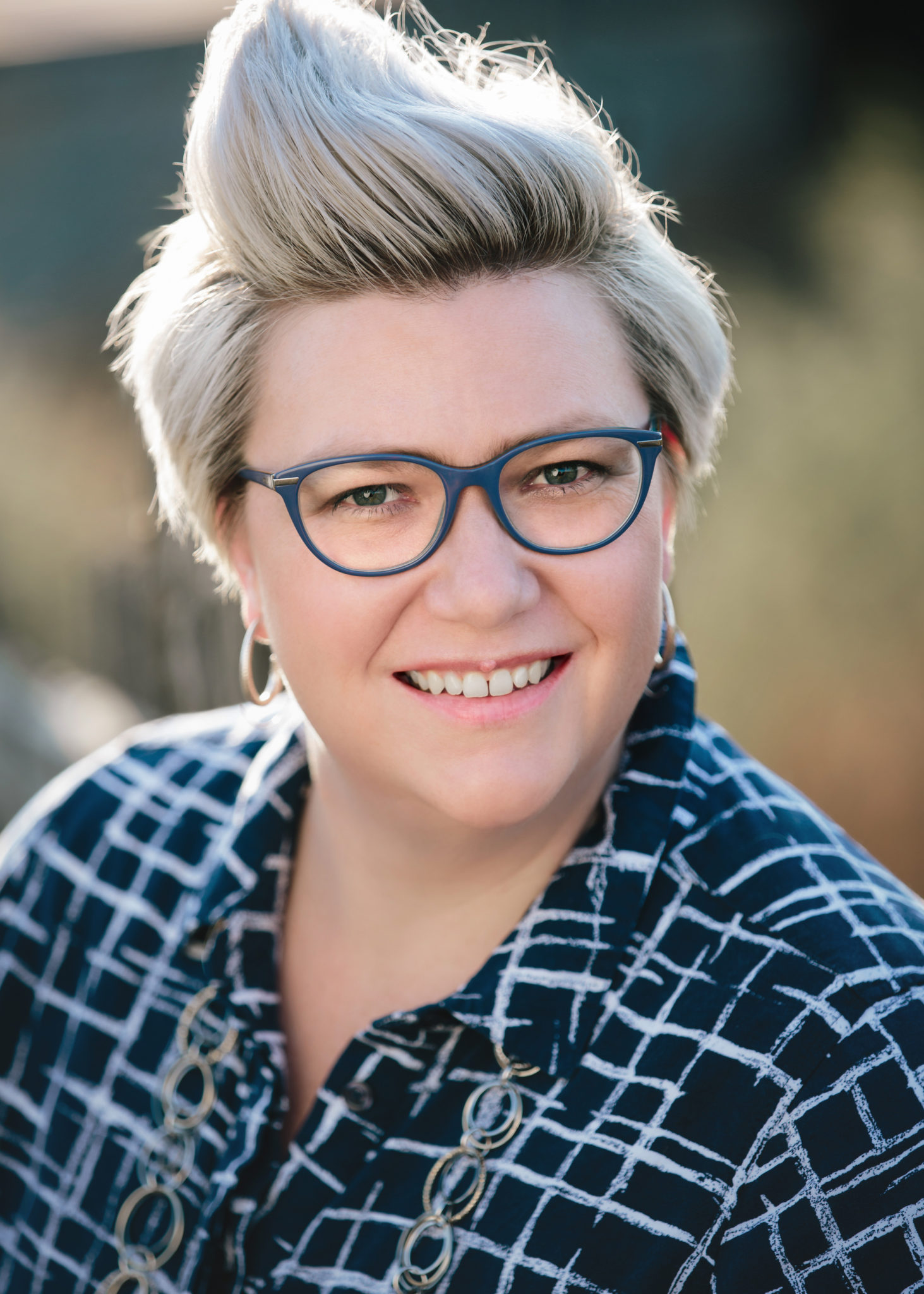
Since then, Johnson has become a prolific writer, penning over 100 books across various genres, including young adult, contemporary romance, and urban fantasy. Her ability to write compelling stories in different categories has helped her build a diverse readership and maintain a steady income stream.
Her strategic approach to marketing and fan engagement has played a significant role in her success. By leveraging social media and building a strong community of readers, Johnson has effectively increased her visibility and sales.
Strategies of Top Indie Authors
While their genres and stories may differ, these top earning indie authors share common strategies:
– Release Books Frequently: At least 4-6 novels per year, plus extras like novellas.
– Build Engaged Communities: Directly interact with readers via email, social media, etc.
– Diversify Products: Expand into audiobooks, box sets, paperbacks.
– Find Profitable Niches: Identify underserved genres with ravenous fans.
– Constantly Test: Experiment with new marketing angles, ad platforms, etc.
– Never Stop Improving: Take feedback, courses, workshops, master the craft.
Final thoughts: The Self-Publishing Dream
While earning $100k+ from your indie fiction may seem unattainable, these authors prove it’s possible. By combining sound business strategies with top-notch storytelling, your books can absolutely soar.
It takes immense dedication, perseverance and a willingness to keep learning and improving. But with the right approach, big earnings await the most driven indie authors.
What strategies have you found most effective? Share your experiences in the comments below!
21 Days of Writing Inspiration
If you’re a beginner writer and need help getting started, I invite you to sign up for my video series, 21 Days of Writing Inspiration. It provides daily motivation to get you unstuck so you can build momentum with your writing. Who knows, maybe you’ll be earning $100k from book sales one day!
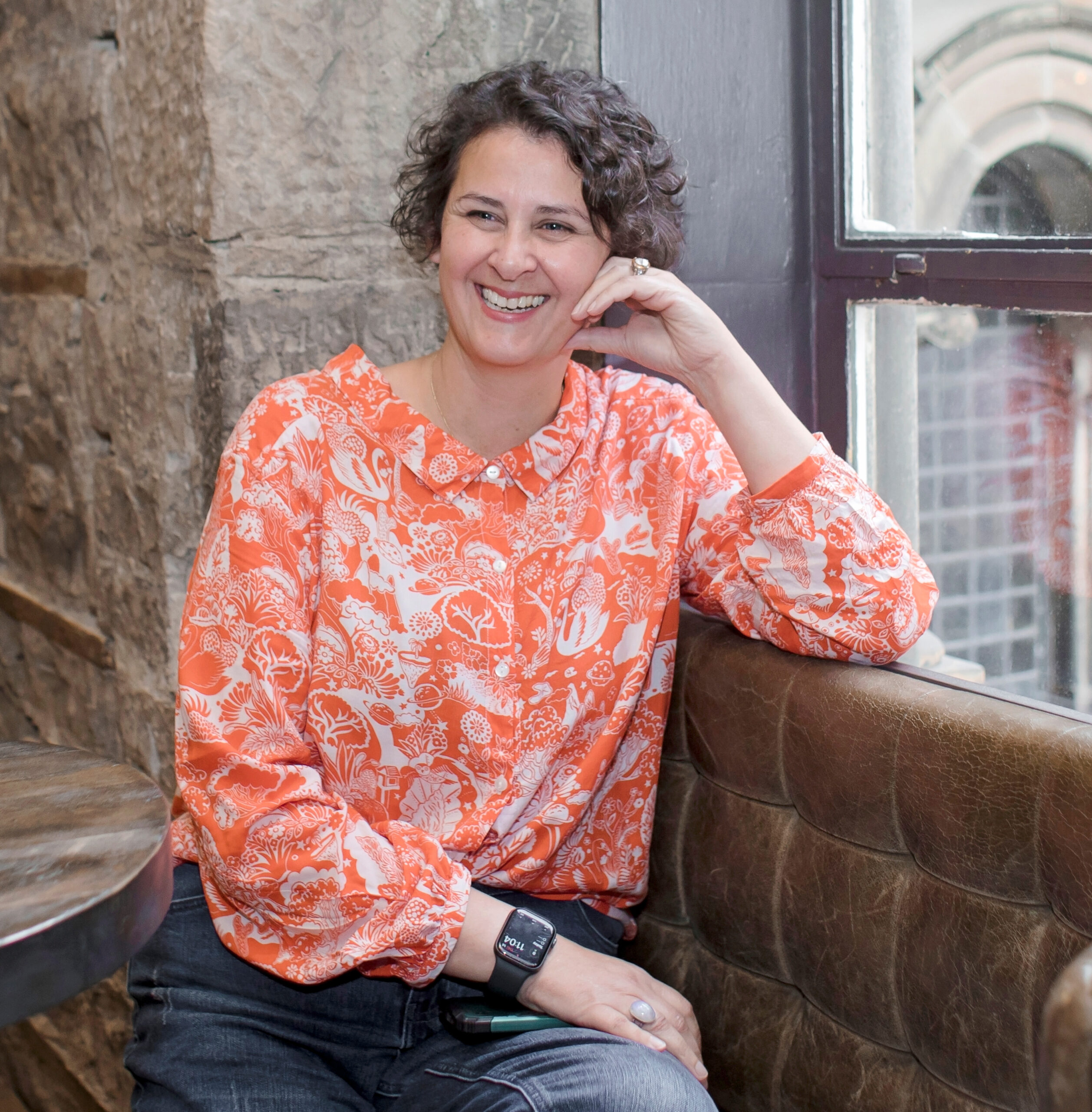
Emma Dhesi
Emma Dhesi is a Certified Author Accelerator Book Coach and bestselling author who helps writers let go of perfectionism, self-doubt and writer's block through her signature programme, Unlock Your Creative Block.
She is the host of the YouTube Channel, Emma Dhesi, where she interviews debut and experienced authors alike.
Through her 1:1 coaching programme, Emma helps new authors start and finish their first novel.
Emma provides personal written feedback on their pages and guides them through the emotional rollercoaster that is writing a novel!

